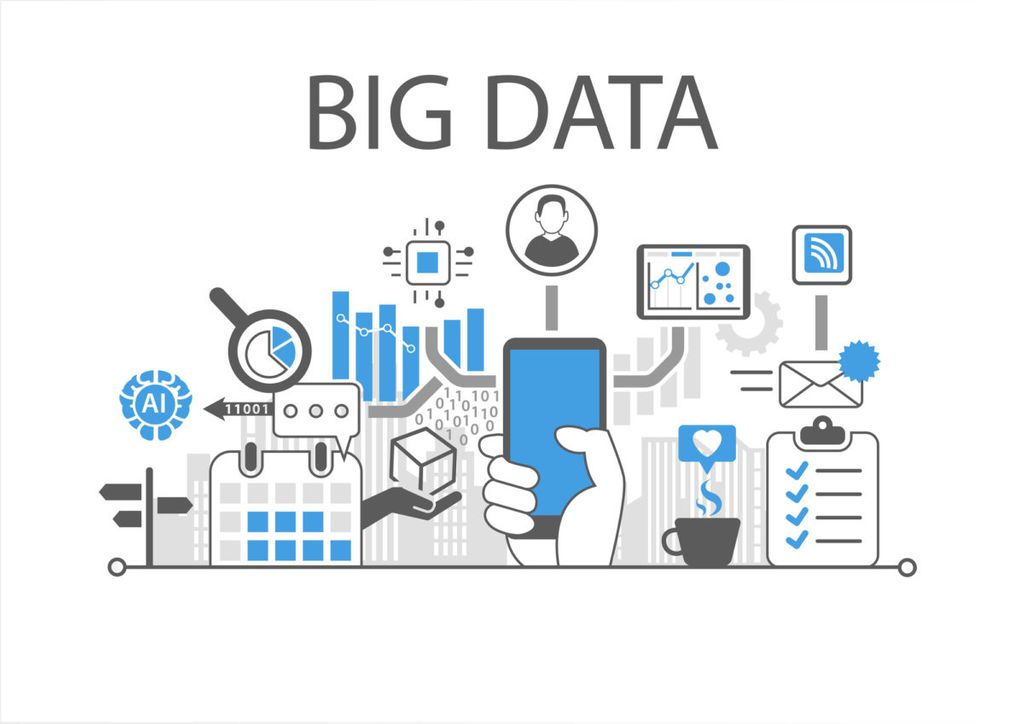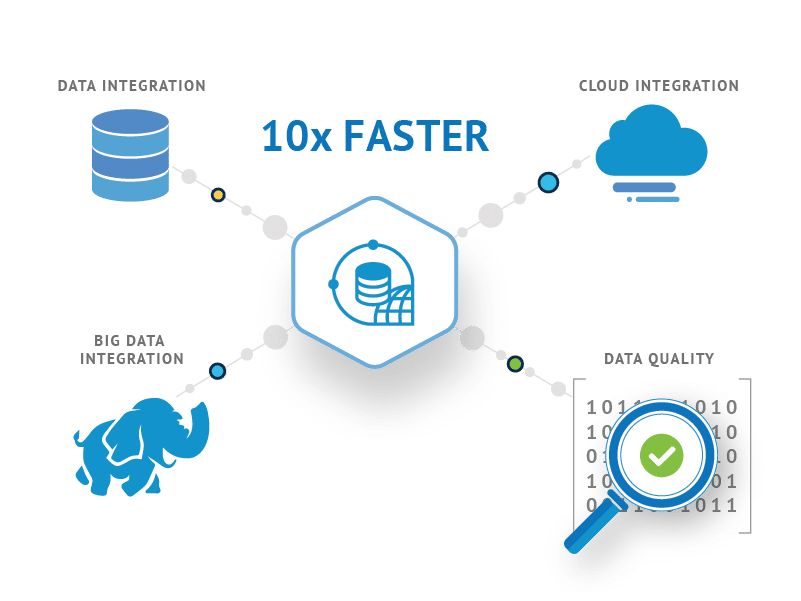
BIG DATA:
Big knowledge may be a term that describes the massive volume of information – each structured and unstructured – that inundates a business on an everyday basis.
But it’s not the number of information that’s necessary.
It’s what organizations do with the information that matters.
Big knowledge is often analyzed for insights that result in higher choices and strategic business moves.
While the term “big data” is comparatively new, the act of gathering and storing massive amounts of data for ultimate analysis is aged recently.
The thought gained momentum within the early 2000s once analyst Doug educator articulated the now mainstream definition of massive information because of the 3 Vs.
Volume. Organizations collect information from a spread of sources, as well as business transactions, social media {and information|and knowledge|and information} from device or machine-to-machine data.
In the past, storing it would’ve been a tangle – however, new technologies (such as Hadoop) have relieved the burden.
Velocity. knowledge streams AN exceedingly|in a very}t an unprecedented speed and should be restrained in a timely manner.
RFID tags, sensors, and good metering area unit driving the requirement to influence torrents of information in near-real-time.
Variety. knowledge comes all told sorts of formats – from structured, numeric knowledge in ancient databases to unstructured text documents, email, video, audio, ticker knowledge, and money transactions
Variability. additionally, to the increasing velocities and forms of information, information flows are often extremely inconsistent with periodic peaks.
Is something trending in social media?

Daily, seasonal and event-triggered peak information masses are often difficult to manage.
Even more so with unstructured data.
Complexity. Today's knowledge comes from multiple sources, that makes it troublesome to link, match, cleanse and rework knowledge across systems.
However, it’s necessary to attach and correlate relationships, hierarchies and multiple knowledge linkages or your knowledge will quickly spiral out of management.
The importance of massive information doesn’t revolve around what quantity information you've got, however, what you are doing with it.
You can take information from any supply and analyze it to seek out answers that change 1) price reductions, 2) time reductions, 3) new development and optimized offerings, and 4) smart decision making.
When you mix massive information with high-powered analytics, you'll be able to accomplish business-related tasks such as:
Generating coupons at the purpose of sale supported the customer’s shopping for habits.
Recalculating entire risk portfolios in minutes.Detecting fraudulent behavior before it affects your organization.
